https://www.spotnrides.com...
WhatsApp: https://wa.me/919600695595
#UberForTowTrucks #Uberfortowing #TowingService #TowingSoftware #spotntow #TowingDispatchSoftware #TowTruckDispatchSoftware #RoadsideAssistanceSoftware #towtruckmanagementsoftware #TowingBusiness #OnDemandTowing #DigitalTowingSolutions #FleetManagement #TowTruckApp #TowingCompany #TowingStartup #SpotnRides

How Towing Dispatch Software Turns Your Towing Business
Explore this blog to unlock the significant features and aspects of towing dispatch software, along with the right platform for further development.
https://www.spotnrides.com/blog/explore-how-towing-dispatch-software-turns-your-towing-business-into-resonating-success/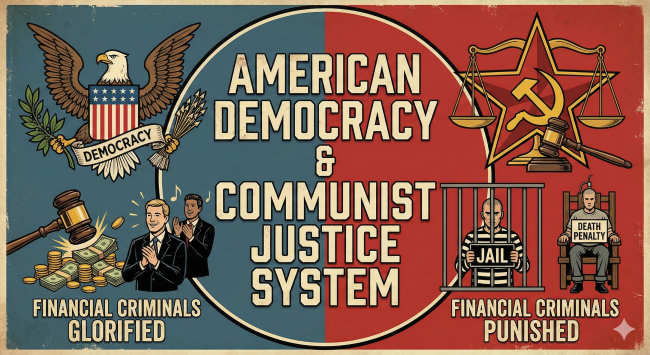
What Specific Actions Signal a Shift From Democratic Norms Toward...
Healthy democracies depend on a dispersed structure of power: independent courts, a free press, active citizens, a professional civil service, and strong legislatures. When governments—whether deliberately or gradually—diminish these institutions, power concentrates in the...
https://ubuntusafa.com/posts/422361
Has the Current U.S. Government Crossed the Line Between Strong...
In every democracy, the line between decisive leadership and authoritarian overreach is thin, shifting, and fiercely debated. In the United States—where political polarization has hardened, institutions are under stress, and executive power has expanded for decades—that line has...
https://ubuntusafa.com/posts/422356
Why has the Congo—one of the world’s richest countries...
The Democratic Republic of Congo (DRC) has become the world’s longest-running humanitarian catastrophe despite its immense natural resource wealth due to a devastating and complex interplay of factors, primarily rooted in its colonial legacy, decades of weak governance and corruption, and...
https://ubuntusafa.com/posts/422354
Why is the African Union incapable of stopping two rival generals...
The inability of the African Union (AU) to decisively stop the two rival generals—Abdel Fattah al-Burhan of the Sudanese Armed Forces (SAF) and Mohamed Hamdan Dagalo 'Hemedti' of the Rapid Support Forces (RSF)—from destroying Sudan is a complex failure rooted in a mix of structural...
https://ubuntusafa.com/posts/422353
How did Africa allow Sudan to collapse into a full-scale war...
The collapse of Sudan into a full-scale war between the Sudanese Armed Forces (SAF) and the Rapid Support Forces (RSF) in April 2023, with what appeared to be almost no meaningful mediation, has been a source of significant regional and international concern. While it is inaccurate to say there...
https://ubuntusafa.com/posts/422352
Is China’s Aggression Toward Japan, the Philippines, Taiwan,...
Across Asia, one pattern has become unmistakably clear: China is in conflict, tension, or confrontation with nearly every major regional power. From Japan in the East China Sea, to the Philippines and Vietnam in the South China Sea, to Taiwan across the strait, and India along the Himalayan...
https://ubuntusafa.com/posts/422349
What legal precedents exist for holding a state accountable when...
Legal Precedents for Holding States Accountable for Catastrophic Global Harm- The COVID-19 pandemic sparked urgent questions about state responsibility when government actions—or inactions—contribute to massive loss of life and economic damage. While millions died and...
https://ubuntusafa.com/posts/422348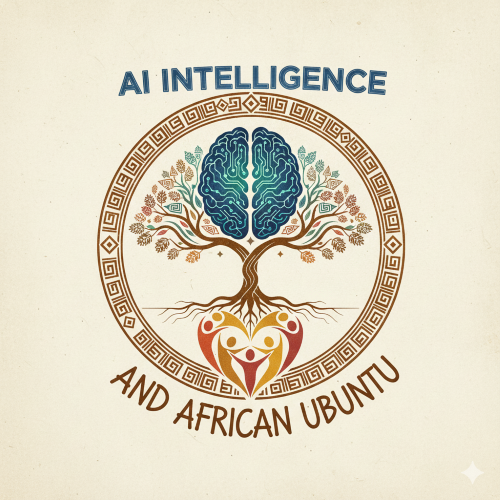
How Digital Identity Systems Could Transform Governance and Democracy
In the 21st century, governance and democracy are increasingly intertwined with digital technology. From e-government services to online voting, digital tools are reshaping the way citizens interact with their governments. Among these tools, digital identity systems stand out as particularly...
https://ubuntusafa.com/posts/422343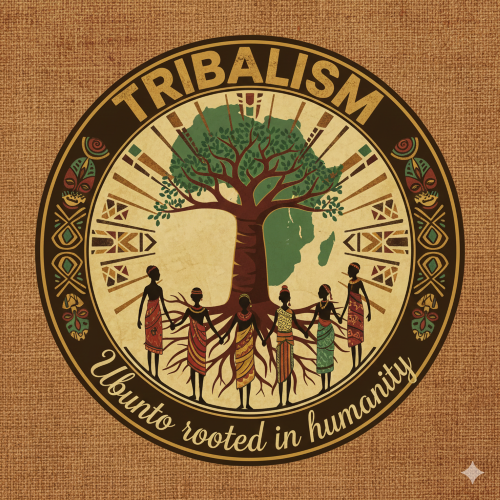
How does nepotism in business and government stifle innovation and...
How Nepotism in Business and Government Stifles Innovation and Entrepreneurship- Nepotism — the favoritism shown to relatives, friends, or close associates in appointments, contracts, or opportunities — has long been recognized as a serious impediment to social and economic...
https://ubuntusafa.com/posts/422342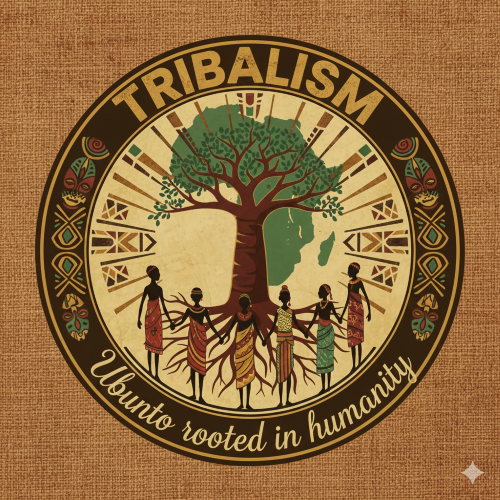
Can a Nation Claim Progress When Appointments and Contracts Are...
Progress is measured not only by the infrastructure a nation builds or the GDP it achieves, but also by the effectiveness, fairness, and sustainability of its institutions. It is reflected in the competence of its leaders, the integrity of its systems, and the trust of its citizens in...
https://ubuntusafa.com/posts/422341Build your own branded platform where creators can monetize through subscriptions, PPV content, tips, live streaming, and more without starting from scratch.
https://oyelabs.com/onlyfa...
#onlyfansclone #CreatorPlatform #SubscriptionApp #ContentMonetization #oyelabs

OnlyFans Clone | Launch OnlyFans-Style Creator Marketplace
Launch your creator-friendly content subscription platform with our OnlyFans clone script. Modern UI, 100% customizable script loaded with latest features.
https://oyelabs.com/onlyfans-clone/OyeLabs’ Uber-Delivery Clone offers a powerful, ready-to-go solution to connect senders, couriers, and receivers ideal for packages, grocery deliveries, small businesses, and more.
https://oyelabs.com/uber-c...
#DeliveryApp #UberDeliveryClone #OnDemandLogistics #CourierApp #oyelabs

Uber Clone - Build Your Own Online Taxi Booking App
Build your own ride-sharing and taxi booking app with our Uber Clone solution. A customizable, scalable, and secure platform to launch your on-demand transportation business.
https://oyelabs.com/uber-clone/OyeLabs’ UberEats Clone helps you build a custom, ready-to-go food delivery app that connects restaurants, delivery partners, and customers all under your brand name.
https://oyelabs.com/uberea...
#fooddeliveryapp #ubereatsclone #FoodTechStartup #OnDemandDelivery #oyelabs

UberEats Clone App | Launch Online Food Delivery App
Get powerful UberEats Clone App solution with modern features, secure payments, and scalability for your on-demand food business.
https://oyelabs.com/ubereats-clone/Check out: https://www.spotnrides.com...
Whatsapp: https://wa.me/919600695595
#appfortowingservices #OndemandRoadsideAssistanceApp #OnDemandTowTruckApp #TowTruckApp #towtruckapplikeuber #towtruckmanagementsoftware #TowingDispatchSoftware #Uberfortowtruck #uberfortowtruckapp #UberForTowTrucks #Uberfortowing

4 Major Benefits of Having an Uber-like Towing App for Roadside Assistance Business Owners - SpotnRides - AI Powered Taxi Booking App
Your towing app is vital to your roadside assistance business because it will allow your customers to find you easily and in a quick, convenient way.
https://www.spotnrides.com/blog/4-major-benefits-of-having-an-uber-like-towing-app-for-roadside-assistance-business-owners/
Can Asia Truly Prosper When China Constantly Forces Nations to...
Asia is home to some of the world’s fastest-growing economies, most dynamic societies, and most promising futures. From Japan’s high-tech innovation to India’s booming digital economy, from Southeast Asia’s rising middle class to South Korea’s cultural and...
https://ubuntusafa.com/posts/422045
Why Has No Government Pursued Compensation from China for COVID-19...
If millions died and trillions in economic damage were caused, why has no government pursued compensation from China through the International Court of Justice? The COVID-19 pandemic caused unparalleled human and economic devastation. Millions of lives were lost, healthcare systems were...
https://ubuntusafa.com/posts/422043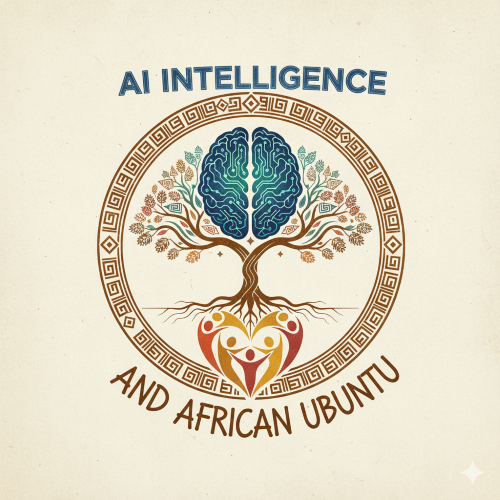
The Rise of Homegrown African Social Media Platforms: Can They...
In an era dominated by global tech giants like Facebook, Twitter, Instagram, and TikTok, Africa’s digital landscape is experiencing a quiet but significant transformation. Across the continent, homegrown social media platforms are emerging, driven by local entrepreneurs, investors, and...
https://ubuntusafa.com/posts/422042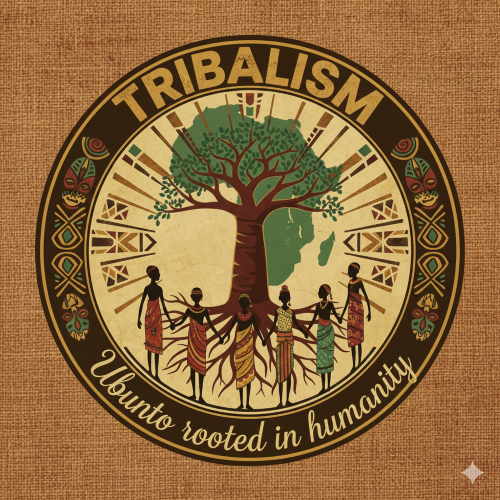
Are Elections in Nigeria Truly Democratic If Tribal Allegiances...
Democracy, in its truest form, is the governance of a people by their free will — a system where leaders are chosen based on competence, ideas, and vision for collective progress. Yet, in Nigeria, and indeed much of Africa, elections are often less about ideas and more about identity....
https://ubuntusafa.com/posts/422040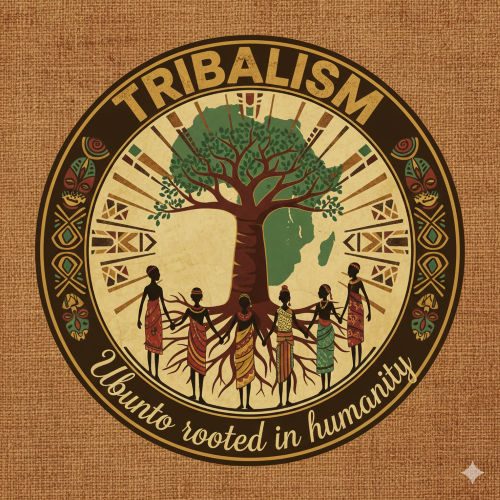
What is the impact of tribal favoritism on national security,...
The Impact of Tribal Favoritism on National Security, Policy Implementation, and Social Cohesion- Tribal favoritism — the practice of prioritizing one’s ethnic group in governance, appointments, security structures, and resource allocation — has become one of the most...
https://ubuntusafa.com/posts/422039
Will history judge this era as the moment Nigeria failed to protect...
History is highly likely to judge the current era as the moment Nigeria failed in its most fundamental duty—the protection of its vulnerable citizens. This assessment will be based on the extraordinary duration, scale, and intensity of the violence, coupled with the systemic failure of the...
https://ubuntusafa.com/posts/422038
Why do African institutions AU-African Union and ECOWAS remain...
The relative silence of major African institutions, such as the African Union (AU) and the Economic Community of West African States (ECOWAS), regarding the severe and prolonged insecurity in Northern Nigeria is explained by a convergence of political, institutional, and historical constraints....
https://ubuntusafa.com/posts/422036Looking to explore the potential of play-to-earn gaming for your business?
Professional development services are available to help you enter the growing world of play-to-earn games. The focus is on creating engaging gameplay, balanced reward systems, and scalable solutions that support player activity and long-term growth.
While play-to-earn gaming is a complex ecosystem, experienced teams can provide blockchain integration, digital asset management, and secure development practices. They help businesses and investors transform game ideas into functional prototypes or fully developed platforms, ensuring technical reliability and smooth user experiences.
Engaging gameplay design, reward systems, scalable architecture, secure development practices
Start exploring the play-to-earn ecosystem today. Create engaging experiences that can grow with your audience and market demands.
Build better gameplay.
Build stronger engagement.
Build with Play to Earn.
Book your free call: https://www.beleaftechnolo...
Whatsapp: +917904323274
Mail to: businessbeleaftechnologies.com

#1 Zillow Clone to Build Real Estate App Solutions
Zillow clone is a real estate website or app that mimics the features and functionality of Zillow, allowing users to search for properties at $1400 USD
https://www.webdevelopmentindia.biz/zillow-clone/A Zillow Clone includes essential features such as interactive property listings, advanced filters, location-based search, map integration, virtual tours, price comparisons, mortgage calculators, agent profiles, and user dashboards. It allows buyers to browse properties with detailed information, high-quality images, videos, and neighborhood insights, while sellers and agents can list properties, track leads, and manage inquiries from one platform.
The platform is built with scalability, speed, and security in mind, using modern technologies to ensure seamless performance across all devices. Fully customizable, it can be tailored to match any brand’s design, business model, and market needs. Whether you want to create a marketplace for rentals, sales, commercial properties, or luxury real estate, a Zillow Clone gives you the flexibility to build a robust and competitive real estate portal.
With a user-friendly interface, admin control panel, and automation tools, the Zillow Clone streamlines the entire property discovery and management experience—making it the perfect solution for businesses looking to enter or expand in the digital real estate industry.#ZILLOWCLONE@https://www.webdevelopment...
At WDI, our approach is simple — understand your business, analyze your goals, and create a website that works as a powerful digital asset. We offer a complete range of services including custom website design, web development, eCommerce platforms, CMS and WordPress development, web applications, and UI/UX design. Each solution is crafted with attention to detail, ensuring smooth functionality, mobile responsiveness, and strong brand alignment.
We believe that every business deserves a website that not only showcases its identity but also drives real results. That’s why we emphasize user experience, SEO-friendly structures, and scalable technology to help you stay ahead in the digital space. Whether you’re launching a new business or enhancing your existing online presence, WDI provides the expertise and support needed to create a website that truly delivers. #WEBDEVELOPMENTINDIA @https://www.webdevelopment...
Want to launch a ride-hailing platform with flexible pricing, easy driver-rider matching, and full control?
OyeLabs’ InDriver Clone App Development offers a complete, customizable solution for entrepreneurs and startups in the mobility space.
https://oyelabs.com/indriv...
#RideSharingApp #InDriverClone #MobilityStartup #OnDemandTransport #oyelabs

InDriver Clone App | Customizable Taxi Booking App Script
InDriver clone is a ready-to-launch taxi booking and delivery solution with the fare bidding feature to start your own business in just 3 days.
https://oyelabs.com/indriver-clone-app-development/Dreaming of running a food delivery platform like UberEats? With OyeLabs’ UberEats Clone, you get a complete, ready-to-launch, white-label solution that lets you build a full-featured delivery marketplace fast.
Great for entrepreneurs, food-tech startups, and anyone looking to tap into the booming food-delivery market.
#FoodDelivery #ubereatsclone #OnDemandStartup #FoodTech #oyelabs

At What Point Does China’s “Peaceful Rise”...
For more than two decades, China has promoted a powerful global slogan: “peaceful rise.” The message is simple—China claims that its growing economic, military, and political power will not threaten world stability, but instead contribute to shared prosperity and harmony. But...
https://ubuntusafa.com/posts/421884
Should China Be Taken to International Court for Early Suppression...
The COVID-19 pandemic, which has claimed millions of lives and devastated economies worldwide, began as a localized outbreak in Wuhan, China, in late 2019. Early evidence suggests that Chinese authorities suppressed information about the virus, censored whistleblowers, and delayed reporting to...
https://ubuntusafa.com/posts/421879
